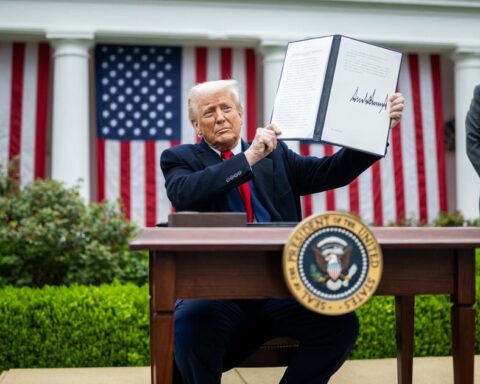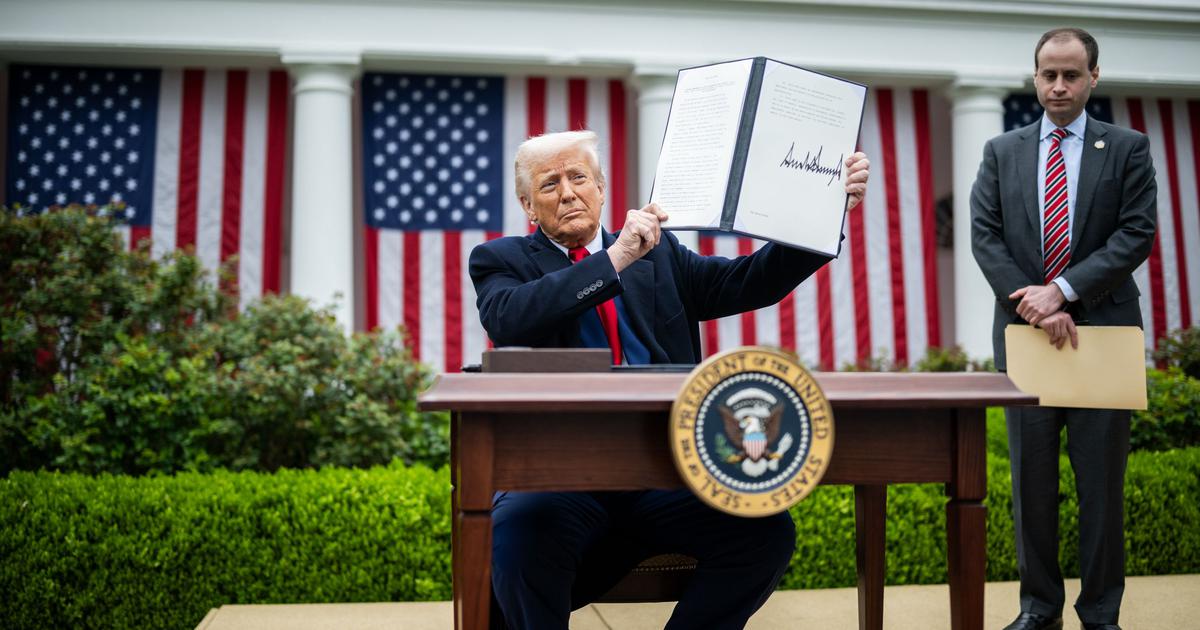In its latest report, the IMF highlights the region’s resilience to recent economic shocks and emphasizes the need for simplified tax systems to maintain sustainable growth
The International Monetary Fund (IMF) has issued a key recommendation for the Gulf Cooperation Council (GCC) countries, including the UAE, to explore the introduction of new taxes while striving to reduce the complexity of their tax systems. This insight is part of the IMF’s latest report on the economic outlook of the Gulf region, underscoring the need for efficient fiscal policies to support sustainable growth and enhance economic resilience.
The IMF has acknowledged the strong performance of the GCC region in navigating recent global economic shocks, including fluctuations in oil prices and the economic fallout from the COVID-19 pandemic. The region has demonstrated remarkable adaptability, with most countries, particularly the UAE, continuing to pursue significant diversification efforts and non-oil sector growth.
Despite these positive developments, the IMF cautioned that the region’s fiscal systems remain highly dependent on oil revenues, leaving them vulnerable to external shocks. In response, the IMF has urged GCC governments to explore additional sources of revenue through tax reforms. This includes the possibility of introducing new taxes, but with an emphasis on simplifying tax frameworks to ensure that they are transparent, efficient, and less burdensome for businesses and individuals.
The IMF’s report also highlighted the importance of striking a balance between enhancing revenue collection and maintaining the region’s competitive business environment. The UAE, for instance, has already made strides in tax reform with the introduction of a Value-Added Tax (VAT) and corporate tax measures, and the IMF sees this as a step in the right direction. However, it stresses that ongoing efforts to diversify tax bases should remain flexible, ensuring that the fiscal landscape is both stable and attractive to investors.
The IMF’s forecast for the GCC’s economic outlook remains favorable, with robust growth projections driven by continued investment in infrastructure, technological innovation, and green energy initiatives. The report highlighted that the region’s resilience, particularly in managing fiscal challenges, places it in a strong position to weather future economic shifts.
In conclusion, the IMF’s report calls for the exploration of new taxes in the UAE and the broader GCC region, emphasizing that this move should be accompanied by efforts to reduce complexity in tax administration. The goal is to create a sustainable fiscal framework that supports the region’s long-term economic goals, boosts non-oil revenue, and continues to foster an attractive environment for business and investment.
In its latest report, the IMF highlights the region’s resilience to recent economic shocks and emphasizes the need for simplified tax systems to maintain sustainable growth.
The International Monetary Fund (IMF) has issued a key recommendation for the Gulf Cooperation Council (GCC) countries, including the UAE, to explore the introduction of new taxes while striving to reduce the complexity of their tax systems. This insight is part of the IMF’s latest report on the economic outlook of the Gulf region, underscoring the need for efficient fiscal policies to support sustainable growth and enhance economic resilience.
The IMF has acknowledged the strong performance of the GCC region in navigating recent global economic shocks, including fluctuations in oil prices and the economic fallout from the COVID-19 pandemic. The region has demonstrated remarkable adaptability, with most countries, particularly the UAE, continuing to pursue significant diversification efforts and non-oil sector growth.
Despite these positive developments, the IMF cautioned that the region’s fiscal systems remain highly dependent on oil revenues, leaving them vulnerable to external shocks. In response, the IMF has urged GCC governments to explore additional sources of revenue through tax reforms. This includes the possibility of introducing new taxes, but with an emphasis on simplifying tax frameworks to ensure that they are transparent, efficient, and less burdensome for businesses and individuals.
The IMF’s report also highlighted the importance of striking a balance between enhancing revenue collection and maintaining the region’s competitive business environment. The UAE, for instance, has already made strides in tax reform with the introduction of a Value-Added Tax (VAT) and corporate tax measures, and the IMF sees this as a step in the right direction. However, it stresses that ongoing efforts to diversify tax bases should remain flexible, ensuring that the fiscal landscape is both stable and attractive to investors.
The IMF’s forecast for the GCC’s economic outlook remains favorable, with robust growth projections driven by continued investment in infrastructure, technological innovation, and green energy initiatives. The report highlighted that the region’s resilience, particularly in managing fiscal challenges, places it in a strong position to weather future economic shifts.
In conclusion, the IMF’s report calls for the exploration of new taxes in the UAE and the broader GCC region, emphasizing that this move should be accompanied by efforts to reduce complexity in tax administration. The goal is to create a sustainable fiscal framework that supports the region’s long-term economic goals, boosts non-oil revenue, and continues to foster an attractive environment for business and investment.















